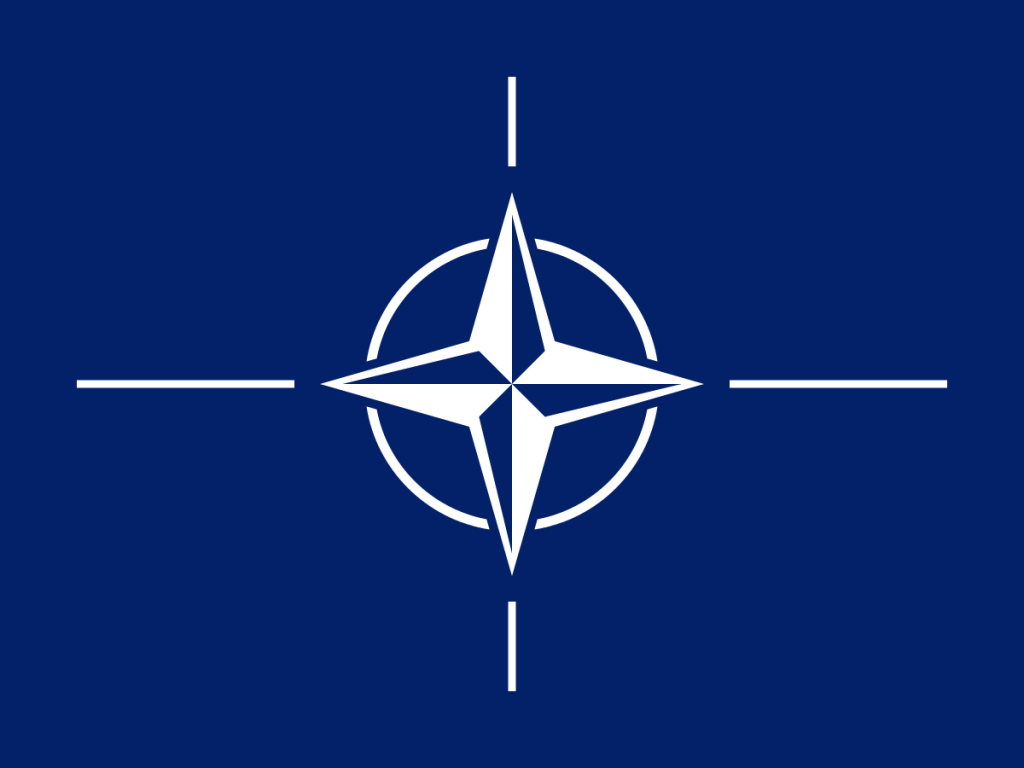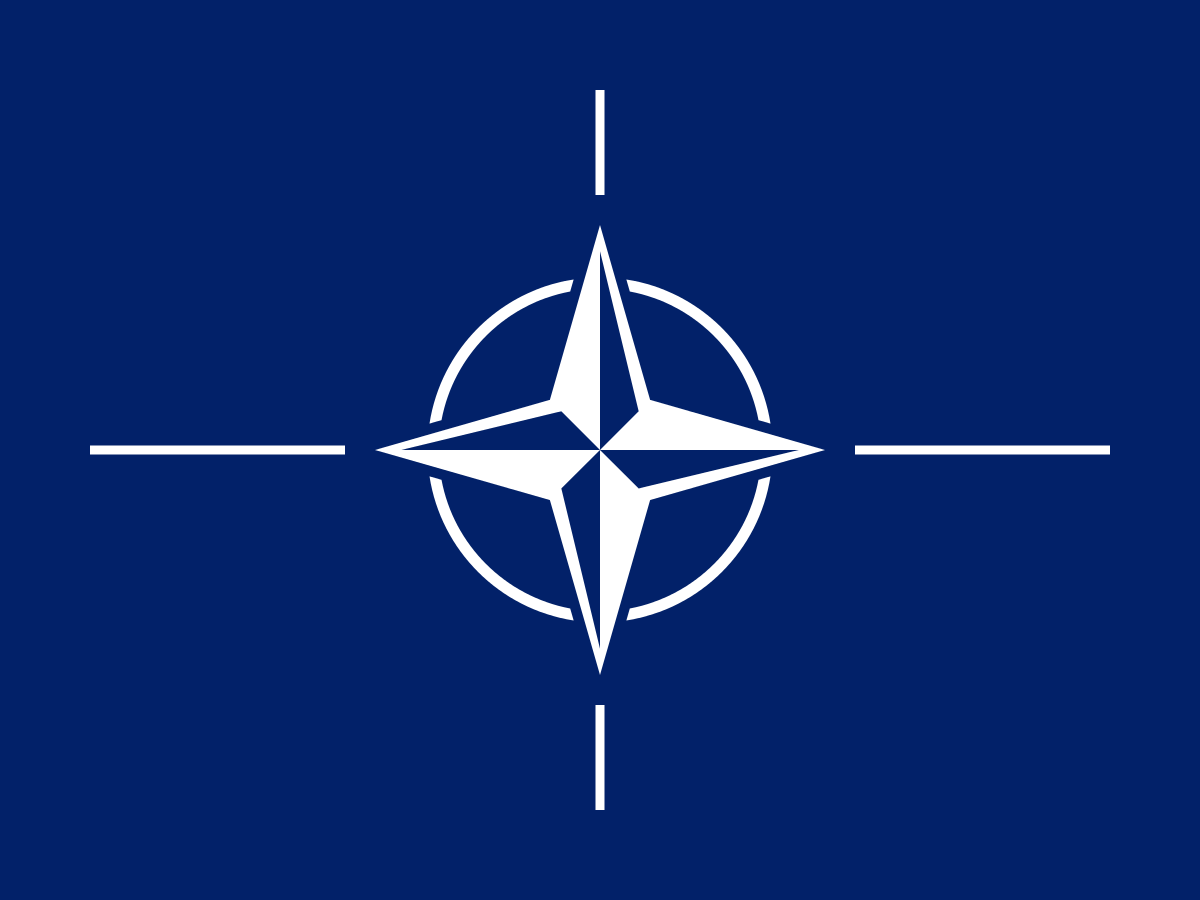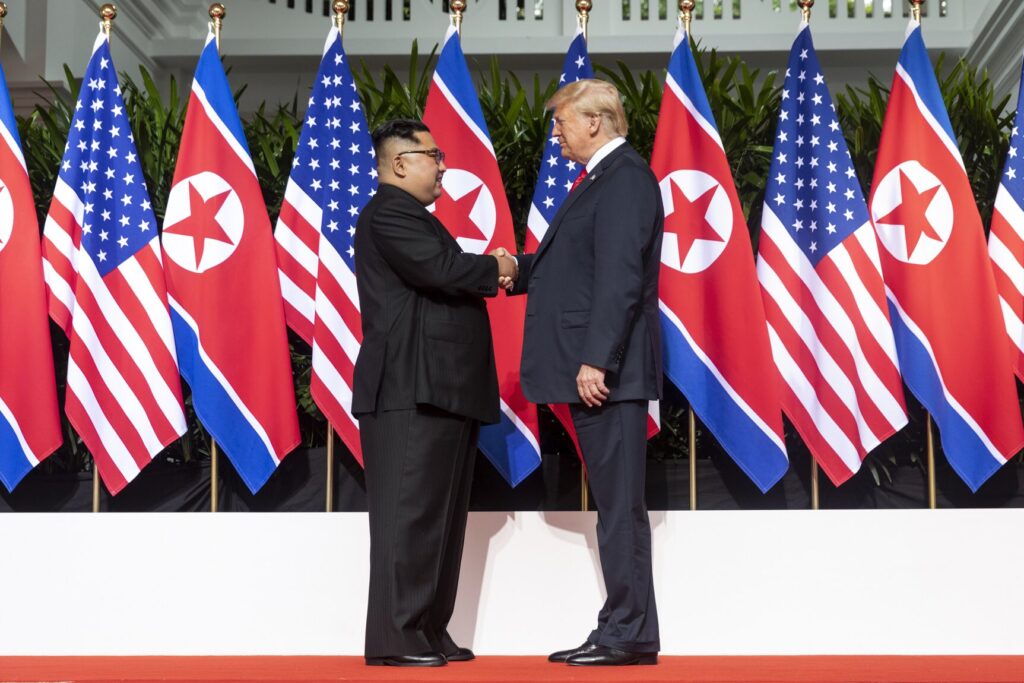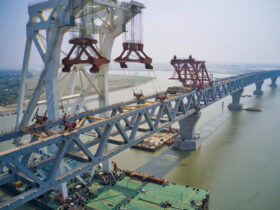
For the last two decades, NATO has been conflicted about how and where to act. This identity crisis has led to inter-alliance strife, messy operations, and inaction. Currently, NATO is paralyzed in responding to the Syrian Crisis due to—among other reasons—an uncharacteristic rift between the American and British governments. In light of such shortcomings, along with a perceived United States pivot away from Europe, increased European Union security engagement after the Lisbon Treaty of 2010, and shifting methods of warfare (i.e., drones and computers in place of land forces), pundits and politicians have disputed the continued relevance of NATO.
Yet NATO is unquestionably relevant today. First, NATO provides a forum for world leaders to discuss matters of global defense and security. Second, NATO is currently engaged in operations around the world from anti-piracy missions in the Horn of Africa to nation building in Afghanistan, the alliance is directly connected to today’s issues. Third, NATO actively shapes transatlantic—and consequently global—foreign policy. For instance, Article V of the NATO treaty (‘an attack on one is an attack on all’) serves as a deterrent to those considering harming a member of the alliance. Most recently, the intervention in Libya exemplified how NATO’s military involvement has real ramifications, serving as a partial catalyst for the subsequent full-scale revolution seen in the state.
NATO’s relevance is incontrovertible. However, proving relevance seems unsatisfactory to pundits and politicians. Perhaps, the crux of the dispute is NATO’s continued value.
NATO’s value lies in the absence of an alternative. NATO is the most formidable and sophisticated military organization in the world, thanks in large part, but not exclusively, to the US. As Ambassador Ivo Daalder and former Supreme Allied Commander Europe James Stavridis explained: “Some countries have significant military reach. But when a group of countries wants to launch a joint intervention as a coalition—which confers political legitimacy—only NATO can provide the common command structure and capabilities necessary to plan and execute complex operations.” Moreover, the EU has shown an inability to pool the security and defense resources of its member states. If the alliance were to disband, no member state besides the US would be able to assume full responsibility for their national defense.
The future for NATO will certainly be challenging. NATO faces various threats, from shrinking budgets to intra-alliance friction and changing political environments. Further, the coverage of Article V is unclear. Consider a hypothetical Russian cyber attack on the British banking sector. Would this constitute an act of war? NATO has this and other critical questions to answer. Can and should NATO act without unanimity? Should the Europeans establish military autonomy or continue to rely on the equipment and chaperoning of the US? And most fundamentally, is NATO an alliance that truly wants to act outside of its borders? NATO must answer these questions in order to stay relevant in the 21st century.
To address modern security challenges, NATO must embrace non-military capabilities. As Afghanistan revealed, terrorism cannot be eradicated with missiles. Errant drone strikes only further incentivize people to join terrorist organizations, and brigades of troops cannot dismantle global wireless organizations. Piracy too requires a more comprehensive approach. The best way to fight crises such as terrorism and piracy is to deal with the root causes, such as food insecurity, lack of access to education, and corrupt state leadership. This holistic theory for crisis management is not revolutionary, yet NATO (especially the US) has forgotten that war is a long-term humanitarian and security project. To NATO’s credit, reforms are in place to fuse civilian and military crisis management capabilities. These reforms must continue, as well as continued cooperation with the UN and EU.
A retreat of NATO to its historical role of defending European territory is outdated and ignores the global and diverse nature of 21st century conflict. Non-state global issues such as cyber and energy security, piracy, and climate change require a response for which NATO is uniquely prepared. Armed with demonstrated military capabilities and global transnational partnerships, NATO is already well positioned for carrying out integrated “hard security” and “soft security” operations. If NATO can unite under a new strategic framework, and stand determined to tackle the “hard” and “soft” security challenges presented in today’s environment with more than military force and surveillance, the alliance will remain both relevant and valuable.









